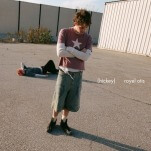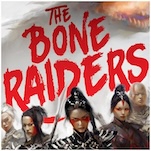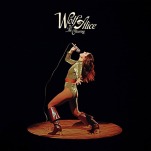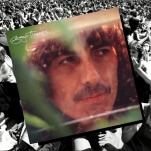Royel Otis Are More Than Just a Lucky Cover Band on hickey
On their second LP, the Australian duo's ping-ponging sound is just familiar enough to hook you in and just offbeat enough to feel fresh and compelling.
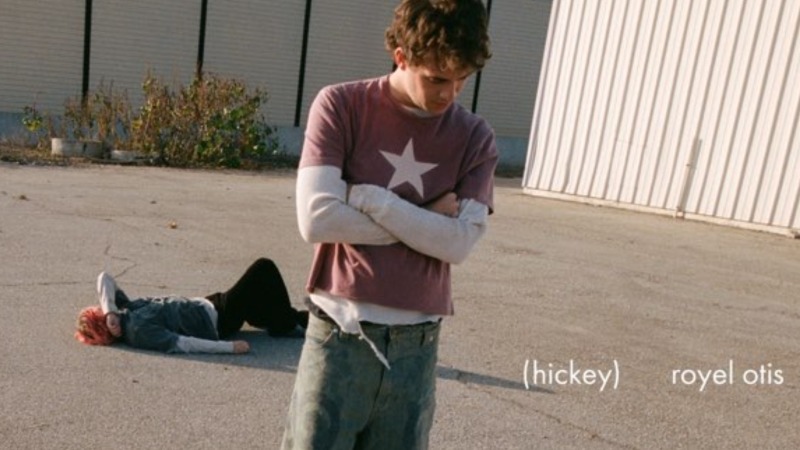
In 2024, Royel Otis—the Australian pop duo of Royel Maddell and Otis Pavlovic—went viral twice, first thanks to a cover of Sophie Ellis-Bexter’s “Murder On the Dancefloor” and again, months later, with the Cranberries’ “Linger.” As contrasting as those two songs are, they each fit into the band’s oft-adventurous repertoire of sound. What I mean is: Royel Otis has range, delivered in self-aware peaks and pitfalls. And, after spending most of the 2020s releasing countless singles and EPs, including the great Sofa Kings, they released the ambitious, zig-zagging Pratts & Pain in 2024 and began looking towards stardom, hopping on a never-ending run of tour dates and making their presence felt on the festival circuit. But Maddell and Pavlovic’s productivity hasn’t waned. Their second full-length, hickey, arrives on the heels of summer, some 18 months or so after its predecessor. And the songs—wistful moods, bitter ends, seasonal desire—suggest that Royel Otis are more than just a lucky cover band.
The tones set by each song on hickey are well-balanced, both in their lyrics and their sound, which is no simple feat, considering even the higher-energy tracks are about loss and longing. But that’s the kind of distinction that makes Royel Otis such an exciting new act, that their efforts on their sophomore album are proof of a relatively young band finding its footing without trying to fit into just any one box. “I Hate This Tune,” an upbeat introduction to the recurring theme of unresolved feelings and heartbreak, delivers a pleading chorus (“So please, please / You’re tearing this apart / No need to stand so far / Away, away, away”) punctuated by melodic whistling, which becomes a staple sound on the record that emphasizes Pavlovic’s ability to use his own voice as an instrument. It’s a talent that, both with and without sound engineering maneuvers, adds depth to the sparser tracks on the record. The song’s encouragement to keep your spirits high during tough times is reignited on “Dancing With Myself,” where Pavlovic plays around with his pitch to add to the track’s breezy melody, providing the album with a tune akin to Royel Otis’ poppier hits, like “Oysters In My Pocket” and “I Wanna Dance With You.”
-

-

-

-

-

-

-

-

-

-

-

-

-

-

-

-

-

-

-

-

-

-

-

-

-

-

-

-

-

-

-

-

-

-

-

-

-

-

-

-

